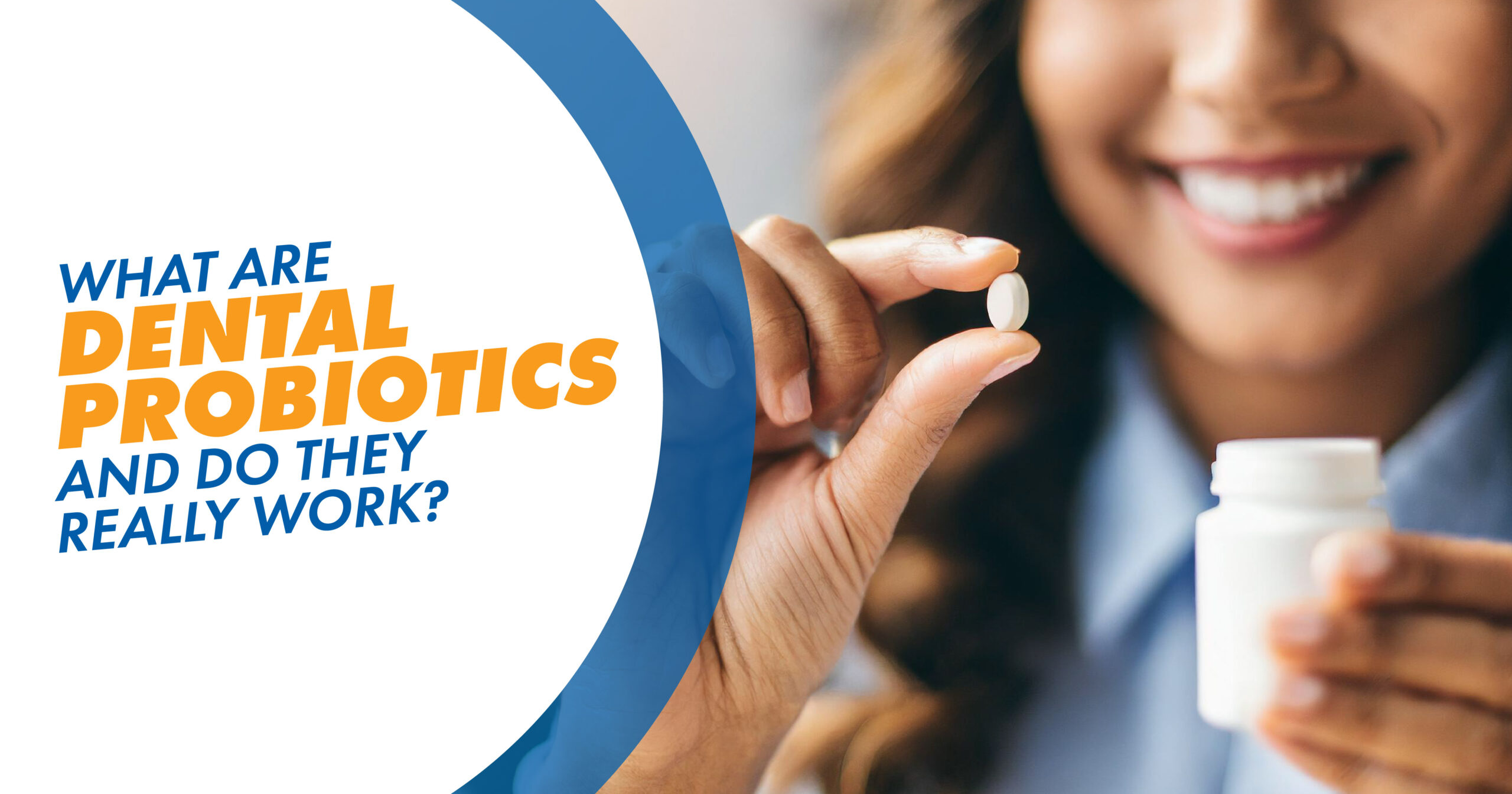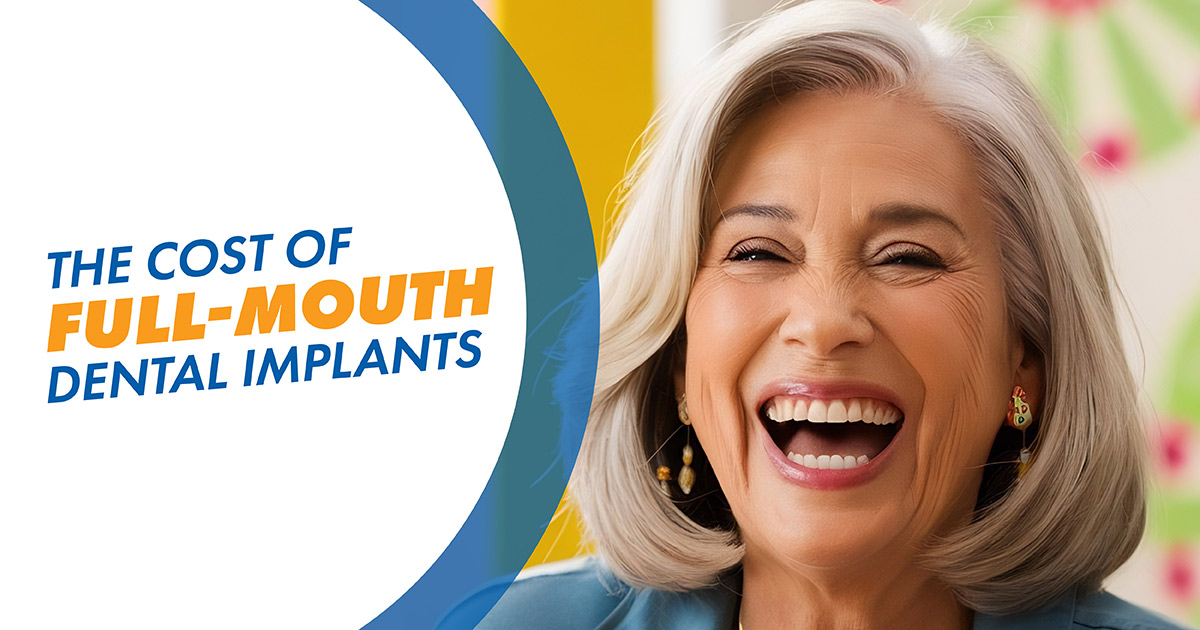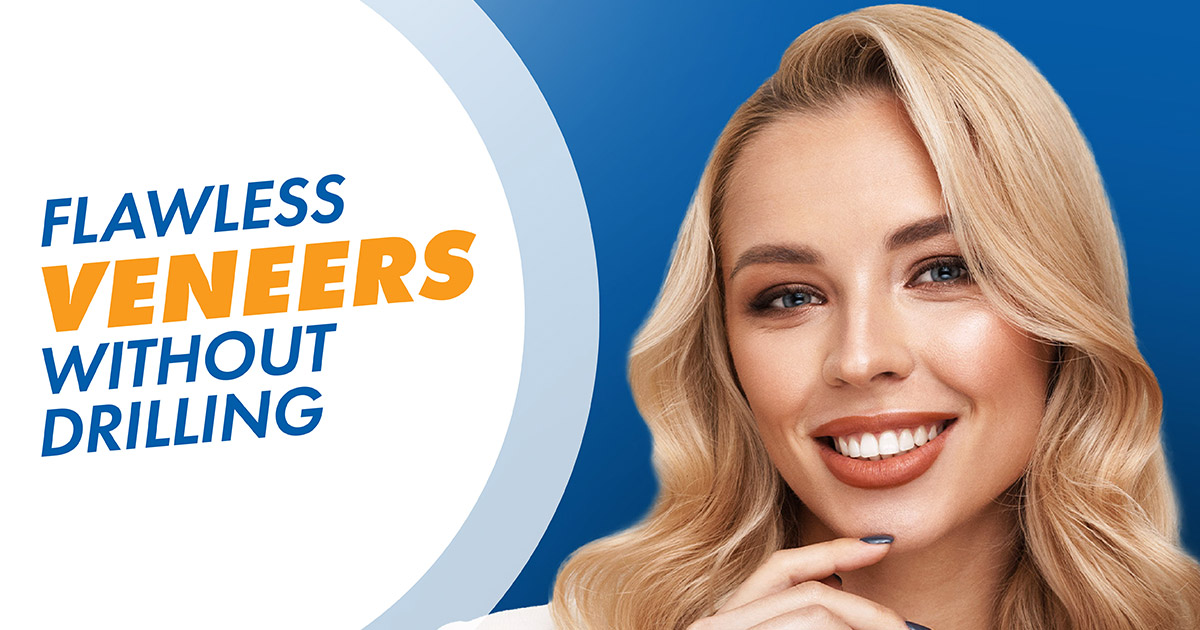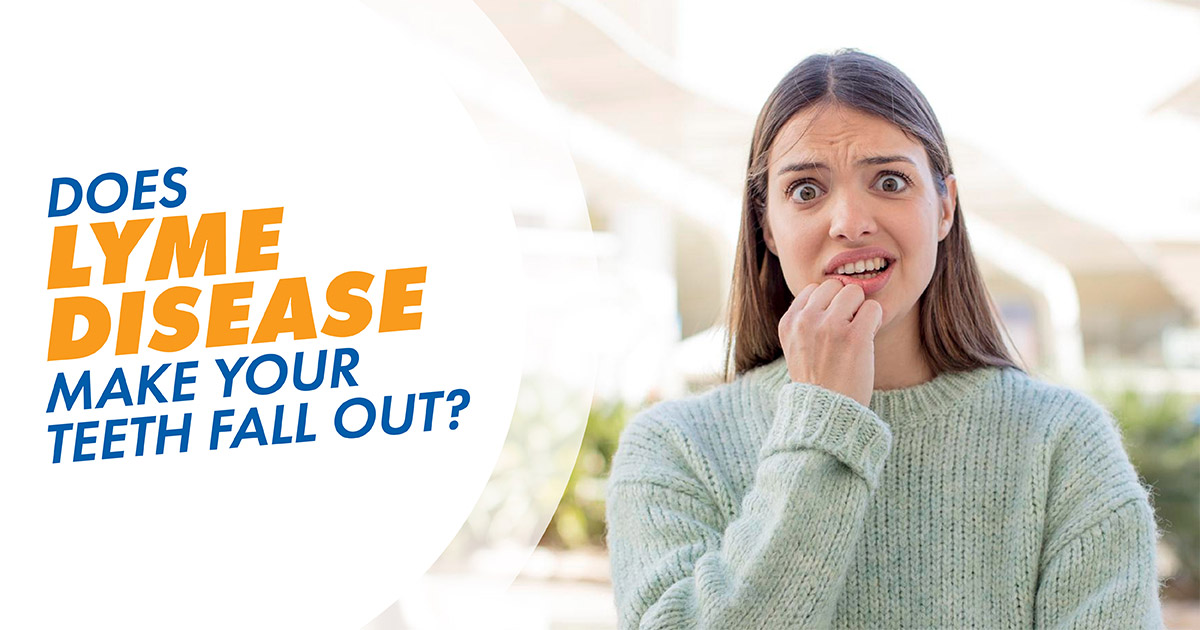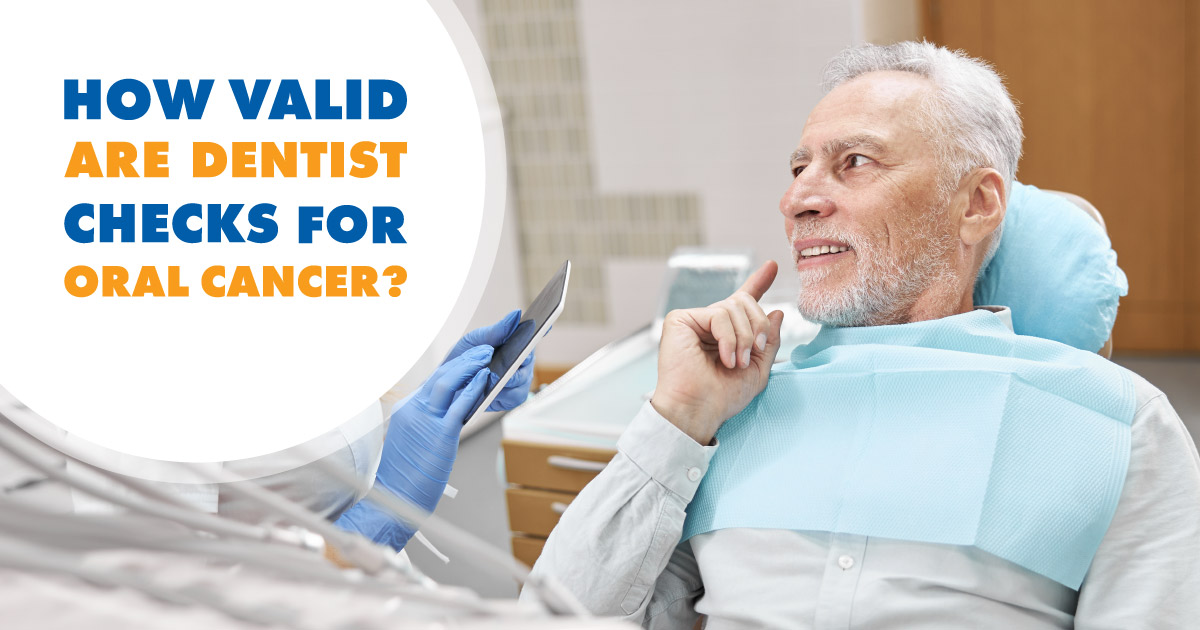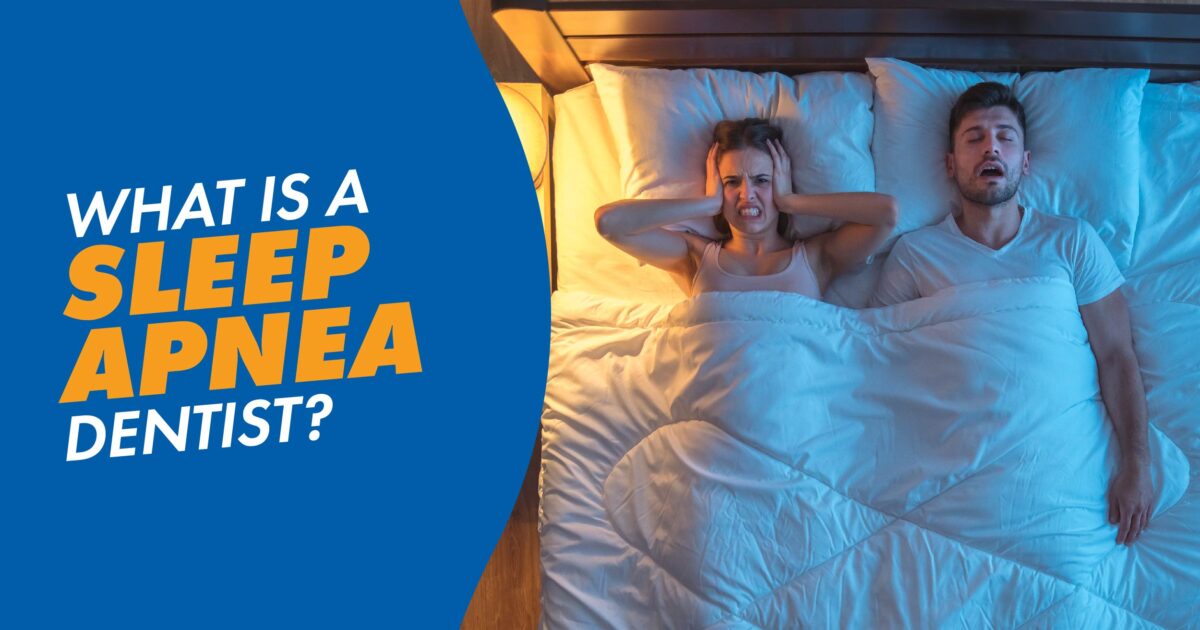
If you’ve been diagnosed with obstructive sleep apnea or think you might have a sleep-related breathing disorder, you may have heard of oral appliances. These dental devices are usually designed, fabricated and calibrated by a sleep apnea dentist.
But what is a sleep apnea dentist? And can they really help with snoring and sleep apnea?
The answer is yes. A sleep apnea dentist like our own Dr. Nicolette Michelson-Spencer plays a critical role in screening for and treating sleep-related breathing disorders using non-invasive dental solutions that help patients breathe better and sleep more soundly.
In this guide, we’ll break down how dental sleep medicine works and what to know if you’re searching for a trusted sleep apnea dentist in Naperville.
Your Guide to Dental Sleep Medicine
1. Dental Sleep Medicine is an Area of Dentistry
First things first, what is dental sleep medicine?
Dental sleep medicine is an extension of general dentistry that focuses on the oral and facial causes and consequences of sleep-related problems, specifically:
- Obstructive sleep apnea
- Chronic snoring
- Sleep-related bruxism (teeth grinding and clenching)
According to the American Academy of Dental Sleep Medicine (AADSM), dental sleep medicine centers on the use of oral appliance therapy to treat obstructive sleep apnea and snoring.
This field bridges dentistry and medicine, and those specializing in dental sleep medicine work closely with sleep physicians to improve patients’ overall health, energy and quality of life.
2. The Best Sleep Apnea Dentists Have Advanced Training
Don’t simply Google “sleep apnea dentist near me” and go with a random option. While any dentist can technically offer oral appliance therapy, choosing a dentist with advanced training in dental sleep medicine will ensure you get the best possible care and outcome.
An AADSM-qualified dentist like Dr. Michelson-Spencer has the knowledge and experience to screen for breathing issues and provide personalized treatment options.
3. Dentists Treat Sleep-Disordered Breathing Collaboratively
A sleep apnea dentist does not replace a sleep physician. Instead, they’re part of a collaborative care model.
Here’s how it typically works:
- A patient is diagnosed with obstructive sleep apnea through a sleep study ordered by a physician or dentist. The sleep study can take place in a sleep center or, sometimes, at home.
- Once the patient is diagnosed with sleep apnea, they receive a prescription for an oral appliance and a referral to a qualified dentist, or they visit the dentist directly.
- The dentist designs and fits a custom dental appliance for sleep apnea.
- The appliance gently repositions the jaw to keep the airway open during sleep.
This approach is especially helpful for patients who cannot tolerate CPAP (Continuous Positive Airway Pressure) therapy.
4. Oral Appliance Therapy is a Comfortable CPAP Alternative
While a CPAP machine is a tried-and-true treatment option for sleep apnea, the devices can be clunky, loud and uncomfortable. The American Academy of Dental Sleep Medicine notes that more than 50% of patients stop using their CPAP because of these reasons.
An oral appliance for sleep apnea or snoring is a custom-made, FDA-cleared device worn over the teeth while sleeping. It works by holding the lower jaw slightly forward, which prevents airway collapse.
These appliances are sometimes referred to as:
- Mandibular advancement devices
- Dental appliances for sleep apnea
- Snoring devices (when used for snoring without apnea)
Compared to a CPAP machine, oral appliances are:
- Comfortable
- Discreet and noise-free
- Easy to travel with
- Free of masks, hoses, or machines
- Simple to clean
- Known for high patient compliance (one study found the compliance rate was 93%)
5. An Oral Appliance for Sleep Apnea Works Through Mandibular Advancement
A mandibular advancement device (MAD) is the most commonly prescribed dental appliance for sleep apnea.
It works by:
- Gently moving the lower jaw forward
- Stabilizing the tongue
- Preventing airway obstruction
At Naperville Dental Specialists, Dr. Michelson-Spencer designs custom mandibular advancement devices that are precisely fitted for comfort, effectiveness, and long-term health.
6. A Consultation Can Determine if Oral Appliance Therapy is Right for You
You may benefit from seeing a sleep apnea dentist if you:
- Have mild to moderate obstructive sleep apnea
- Snore loudly and consistently
- Cannot tolerate CPAP therapy
- Experience daytime fatigue or morning headaches
- Grind your teeth at night or have jaw tension during sleep
A qualified dental sleep medicine expert can screen for OSA, snoring and sleep-related bruxism; complete a comprehensive dental sleep medicine exam; and discuss treatment options with you.
7. We Have a Dental Sleep Medicine Specialist Right Here in Naperville
At Naperville Dental Specialists, sleep apnea care is led by Dr. Michelson-Spencer, DMD.
Dr. Spencer is a Naperville native who completed a mastery fellowship in oral sleep apnea through the American Academy of Dental Sleep Medicine, a distinction that reflects advanced training and a commitment to evidence-based care.
Her background also includes years of orthodontic research focused on craniofacial development. This gives her deep insight into how jaw position and airway anatomy affect sleep.
As a trusted sleep apnea dentist in Naperville, Dr. Spencer provides personalized, non-invasive solutions designed to help patients sleep better and live healthier.
8. Dental Sleep Medicine Treats More Than Snoring
While snoring and obstructive sleep apnea are the primary focus, dental sleep medicine often intersects with other conditions, including:
- Bruxism (teeth grinding)
- Dry mouth or excessive salivation
- Jaw pain and TMJ disorders
- Sleep-related reflux
Dentists trained in dental sleep medicine are uniquely positioned to identify oral signs of sleep disorders during routine exams. This is an important advantage, since many people with sleep apnea remain undiagnosed.
What Is a Sleep Apnea Dentist? The Bottom Line
A sleep apnea dentist is a key part of modern sleep apnea care. They offer non-surgical, oral treatment options through custom dental appliances.
If you’ve been diagnosed with sleep apnea or suspect you may have it, working with a qualified sleep apnea dentist can be a powerful step toward better sleep and better health.
Ready to Explore Dental Sleep Medicine? Connect With a Sleep Apnea Dentist in Naperville!
If you’ve searching “sleep apnea dentist near me” or you want to learn more about oral appliance therapy, schedule a consultation with Dr. Nicolette Michelson-Spencer at Naperville Dental Specialists.
Better sleep starts with better breathing—and it might begin at the dentist’s office.


